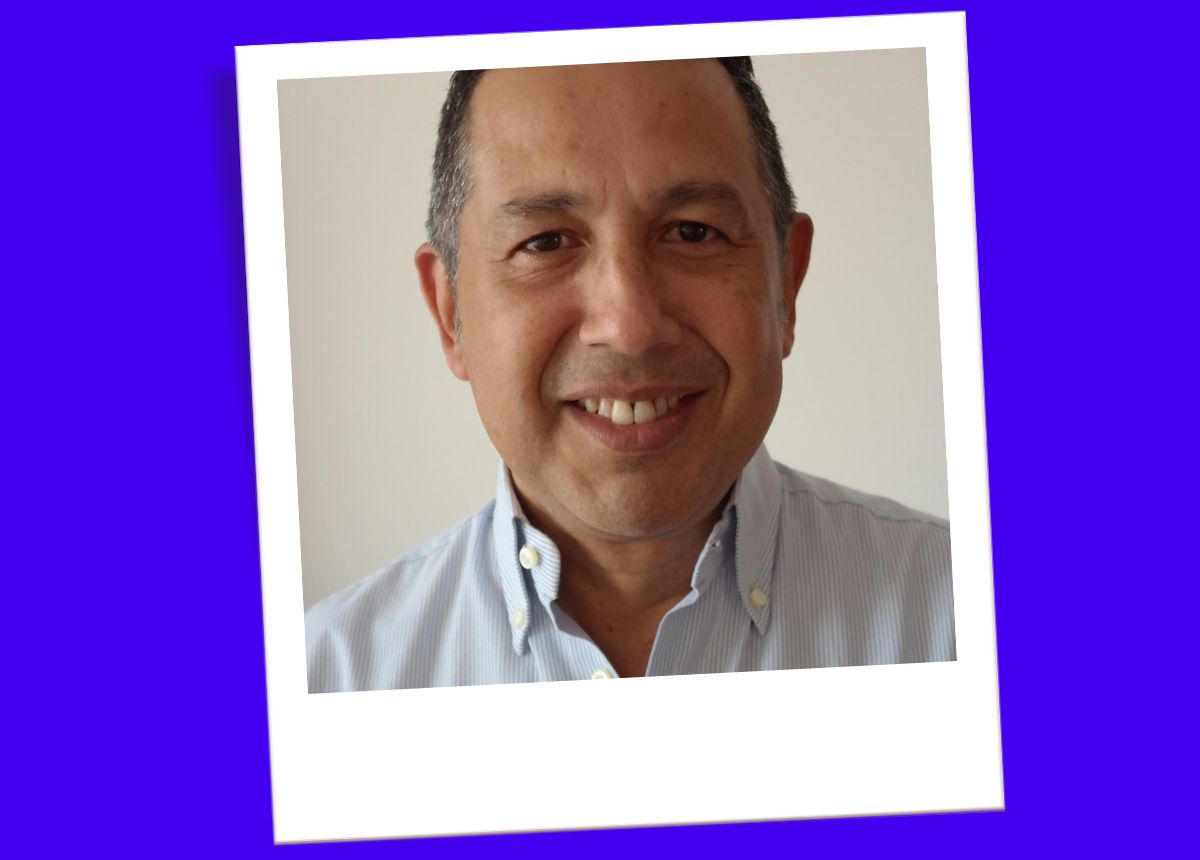25th anniversary since the first positive recognition of same sex relationships in the UK
Javier (above) and Bill were one of the couples who were part of the original Stonewall Immigration Group. The Home Office refused their first application in the early nineties, ignoring their argument that they were in the equivalent of a common law relationship. This should have entitled them to be treated as straight couples in similar situations. The concession ensured that, in straight relationships, the non-UK partner could be granted an initial one year period of leave to remain. This did not apply to same sex couples at the time.
“We did not think of ourselves as ‘exceptional’ or special at all. If anything, we always thought that as people, as couples, we had an inherent right to fight for this and be recognised. It was about time.”, explains Javier
“I arrived in the UK in 1987, I wanted to write my PHD thesis that I had started in Barcelona. I wanted to move to London and have the experience of a different culture. I enrolled as a free student in King’s College, which was called Centre for Intercultural Latin American Studies at that time. I got a boyfriend and when I realised that I was going to stay longer is when we decided to follow this [immigration] route.
I started working for the BBC World Service, but once the immigration process started I was no longer allowed to travel as a consequence of the legal process. On a personal level it was a complication, but also effected work. My boss eventually told me I wouldn’t be able to develop professionally and that I could get the work contract to sort my situation. Of course it was incredibly tempting to have the chance to travel for work and pleasure. But at that time we were hooked on this immigration process, to leave it behind would not have been right, so we decided to continue.
We realised that we were doing something that was worth the time, the sacrifice (to use a big word!), but we were really happy to continue.
We started the process with our lawyer Wesley Gyrk. He was very generous and kindly offered his services for free. He helped us to put our case in a wider context, it started as a personal situation but then when you understand that it’s something a lot of people were sharing at the time and that there was potential to break some barriers, we realised that we were there for the long ride.
When we started, I was ignorant of the process because I assumed the British legal system had provisions for gay couples. Though it was the time of the Tory government led by Margaret Thatcher, the UK was still a very liberal society. But our lawyer told us “not only does it not exist, but we are under such an incredibly conservative government at the moment that I don’t think this is going to go through”.
When we finally got status we were thinking this is what should have been the case from the beginning. We had found the balance that had never been there. It was a sense of achieving normality. And even though we won [and the Concession was passed], I don’t remember it feeling like a triumph.
When we finally got status we were thinking this is what should have been the case from the beginning.
Societies in general tend to take for granted a lot of things that they enjoy in the present. Though we enjoy it today, it is the consequences of ongoing struggles through time. Ours was just one struggle, a continuation of many. If anything I do feel proud of being part of that past but to the younger generations I would say these are rights that a lot of people struggled to achieve, and what is happening today is telling us that many of these rights suddenly don’t necessarily seem to be sacrosanct and forever. We have to be aware as a community that attention is always going to be there, we cannot forget that there is a constant tension around these rights that we achieve.“

